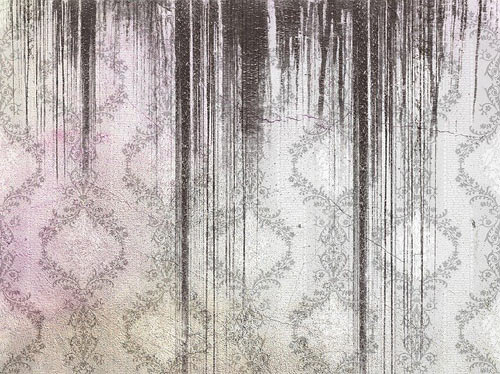Mold Problems Without Water Damage - Is It Possible?
Despite popular belief, mold can develop even in areas where there isn't any water damage. Click here to learn more about how and why that happens.
One of the biggest problems with South Jersey is the oceanic climate in the region and therefore increased humidity – especially during the summer. People think that water damage in homes can only be because of rain, leaky taps, or otherwise leaking water, but our experience has been different.
We and mold removal services in South Jersey have seen this way too often; cases where homeowners have complained of mold even though there is no water damage or any noticeable dampness. The culprit in this case is humidity.
According to the EPA, mold needs approximately 60% relative humidity to grow. You can have this level of humidity in your home without having had water damage! South Jersey humidity levels, especially in the summer months can stay at this level for extended periods if left uncontrolled.
To limit the chance of mold and/or mildew developing in your home, here are some maintenance tips that can prove to be particularly useful for South Jersey residents.
Prevent Mold Problems Caused By Humidity
- Try to keep the air inside cool. Humidity and warmth both combine to make the perfect opportunity for mold to grow. Your HVAC system should do the trick here.
- Increase airflow/ventilation. Keep the air inside your building flowing to ensure that the humidity levels do not go too far above the threshold. Remember, a ventilated room is also cooler, hence decreasing humidity and warmth.
- Use a dehumidifier. If even your ventilated house isn't going below the 60% mark you may need to use a dehumidifier. To monitor the relative humidity in your home, consider purchasing an inexpensive device called a Hygrometer. Do a quick search on Amazon. They are typically under $10.
- Remove all porous materials. This recommendation can be very difficult to accomplish. Consider limiting the amount of upholstered furniture in your home if all else fails. Another porous material that can create problems related to mold growth is natural fiber rugs made of wool, jute, and sisal. Limiting the number of places mold can develop can be helpful, however, there is only so much you can remove, and therefore, this shouldn't be considered a “final” solution.
Contact Us Now
If you find mold damage or spots inside your home in New Jersey, we recommend you call us at 609.859.5600 immediately before things get worse – even if there is no sign of water damage. We will happily conduct a thorough investigation for you and help you identify the source and what you can do to get rid of it.




